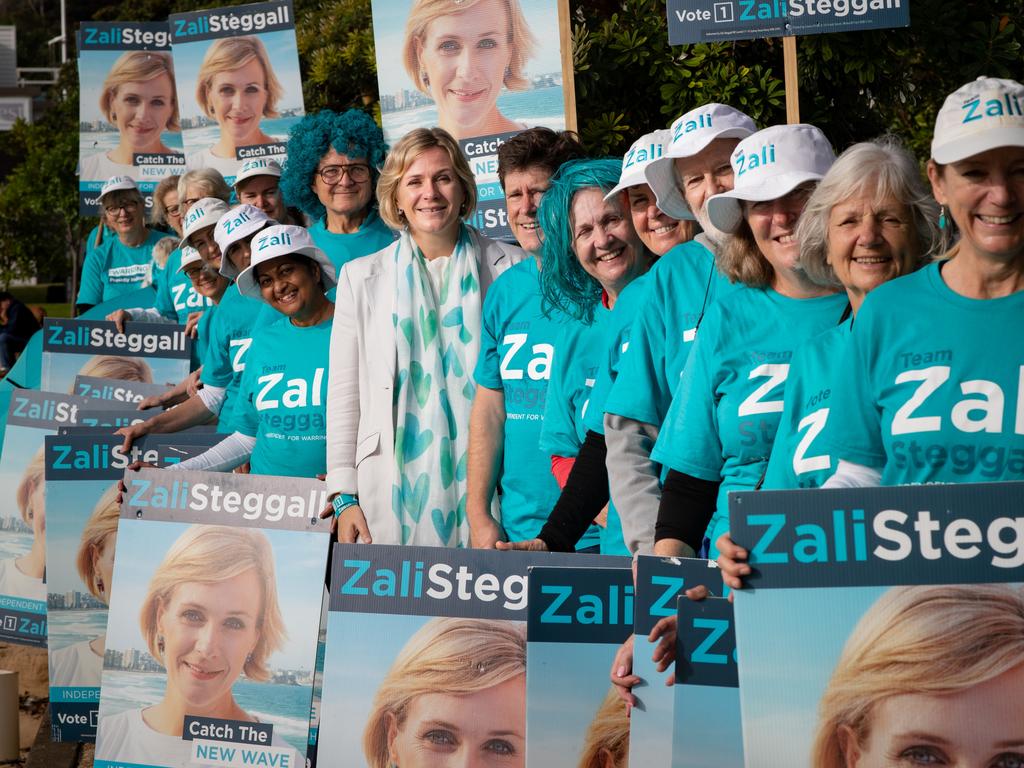Election 2022: Industry demands clarity on Labor’s climate policy
Australia’s largest energy producer, Woodside Petroleum, said it was open to Labor’s proposed changes to the safeguard mechanism.

The oil and gas industry has warned of concern over policies that could crimp investment in the energy sector, saying it needs clear rules from any incoming government amid fears over a hung parliament.
Ahead of the election on Saturday, the Australian Petroleum Production and Exploration Association said it was wary of any anti-fossil-fuel rhetoric given the $500bn investment the industry has provided to the economy.
APPEA chairman Ian Davies said: “When there is significant uncertainty and policy that delays investment, that puts the investment that accrues to the citizens of Australia at risk.”
Several industry executives at the annual APPEA conference on Tuesday said they were concerned over the prospect of a hung parliament or minority government, with climate a major campaign issue for independent candidates.
“Our role as an industry is to make sure that we can add value to our investment. And all we ask is that regulation takes that into account,” Mr Davies said. “The investments we make are required for energy security, affordability and reliability, but we will work with the government of the day, as always.”
Australia’s biggest energy company, Woodside Petroleum, said it understood the logic of Labor’s proposal to strengthen the safeguard mechanism but thought a broader carbon tax remained politically unpalatable for either major party to pursue.
Labor’s plan would force the 215 biggest industrial emitters to reduce their carbon footprint more steeply so an Albanese government could lower Australia’s emissions by 43 per cent of 2005 levels by 2030.
Woodside chief executive Meg O’Neill said: “We understand the idea of ratcheting up the safeguard mechanism and in many ways that actually aligns with our own decarbonisation goals. We’ll wait for the policy detail … but at the big-picture level, it’s probably not going to feel very different from commitments we’ve already made.”
APPEA, which represents Woodside, Shell, Santos, BP and BHP, has previously urged Labor to provide “absolute clarity” on how the sector would be impacted by its signature climate change policy. The current safeguard mechanism applies to companies producing more than 100,000 tonnes of carbon emissions annually. Reputex modelling for the ALP says that from 2023-24, the cap on emissions would reduce by five million tonnes a year, reaching net zero by 2050.
Woodside has previously called for a global price on carbon to meet climate-change goals but Ms O’Neill said the company no longer expected a carbon tax regime to be introduced by either the Coalition or the ALP. “I think the ship has sailed on a carbon tax in Australia,” she said. “As an economist would argue, it’s the most rational mechanism to get people to adjust behaviours, but it’s politically not viable here.”
Queensland energy producer State Gas, chaired by Richard Cottee, told the APPEA conference it expected a greater focus on faster emissions reduction after the election.
State Gas head of commercial and industrial, Lucy Snelling, said: “I think the target headline (for emissions) is likely to be harder and faster. But I’m not sure how much of a difference that’s going to make at a day-to-day business level because most participants in this industry are actively working to achieve the timeline.
“I’m not sure that harder and faster timeline is going to be highly problematic for industry.”
While both major parties have a goal of net-zero emissions by 2050, Labor plans to lower Australia’s emissions by 43 per cent of 2005 levels by 2030 while the Coalition has pledged to cut emissions by 26 to 28 per cent in the same time frame.






To join the conversation, please log in. Don't have an account? Register
Join the conversation, you are commenting as Logout